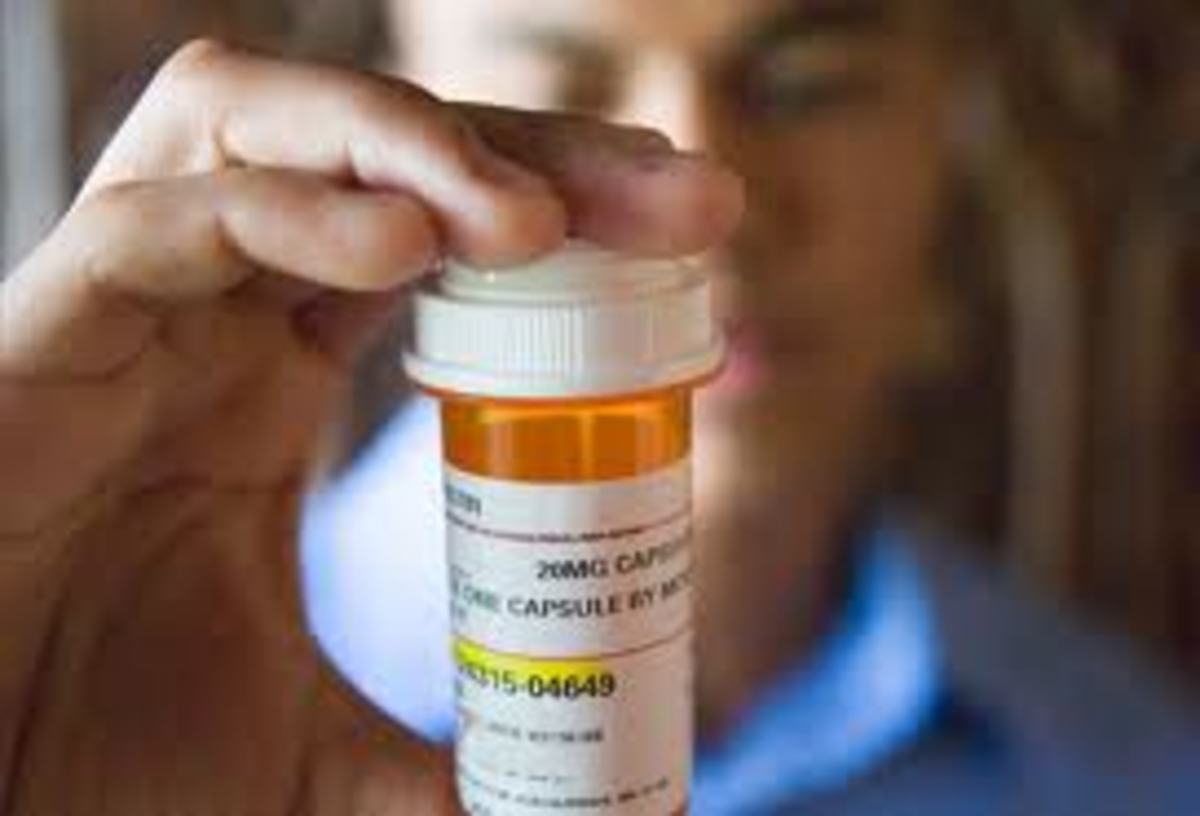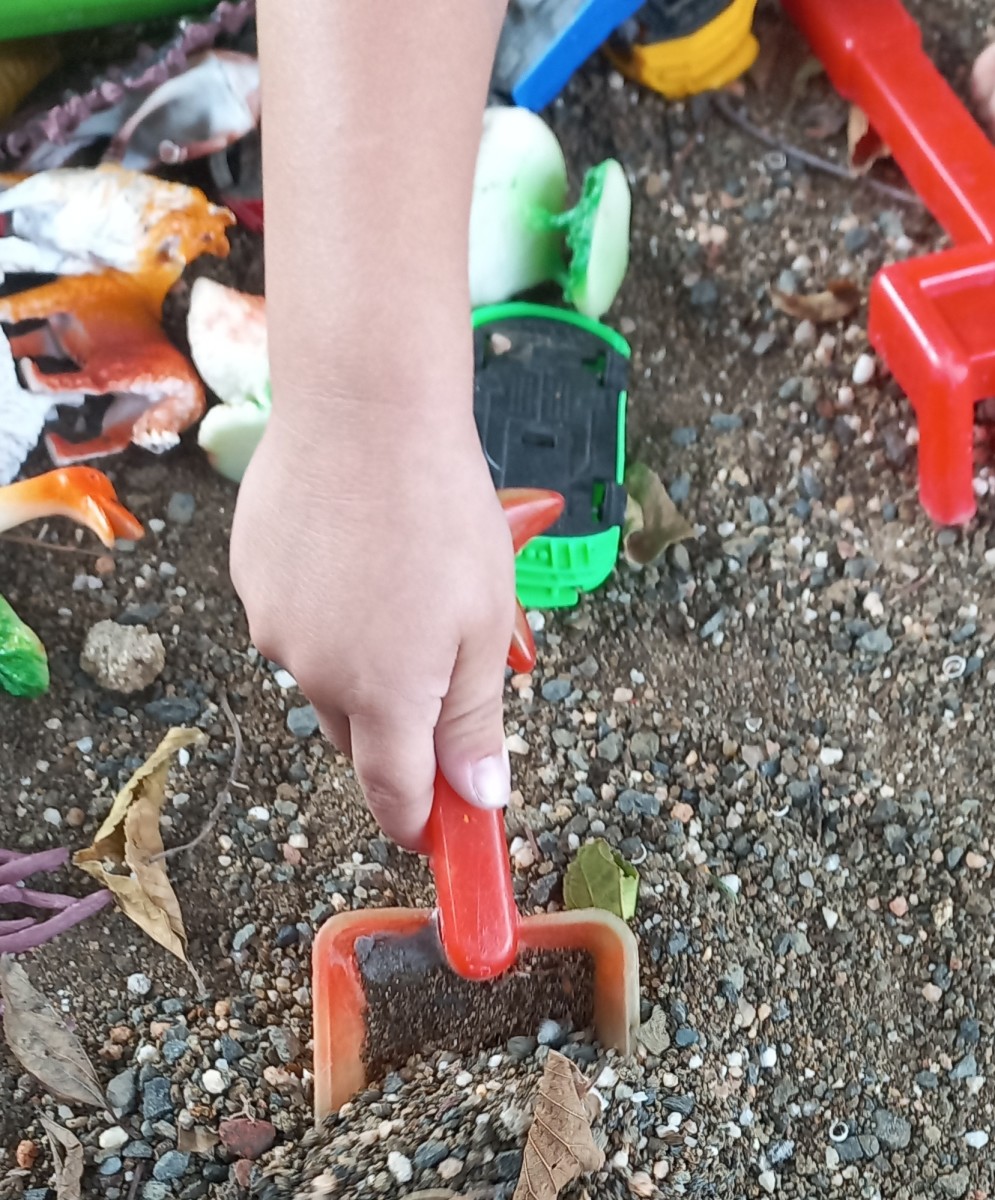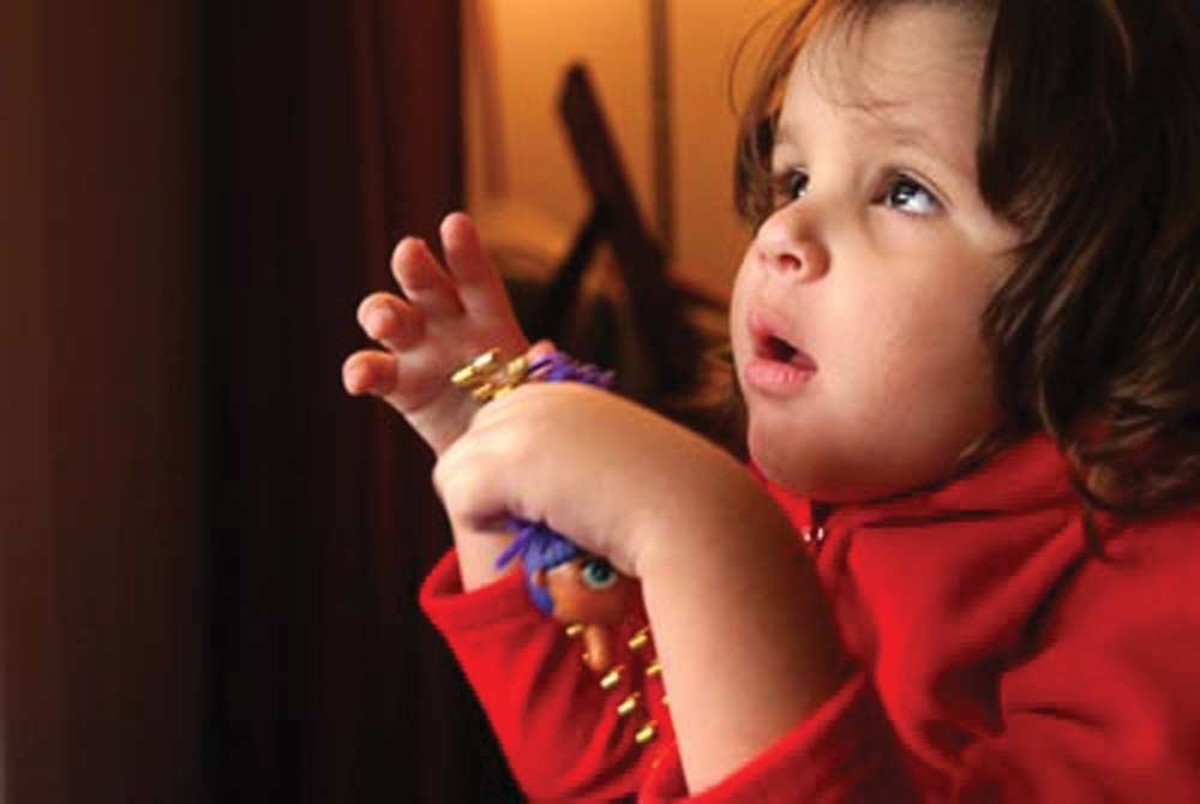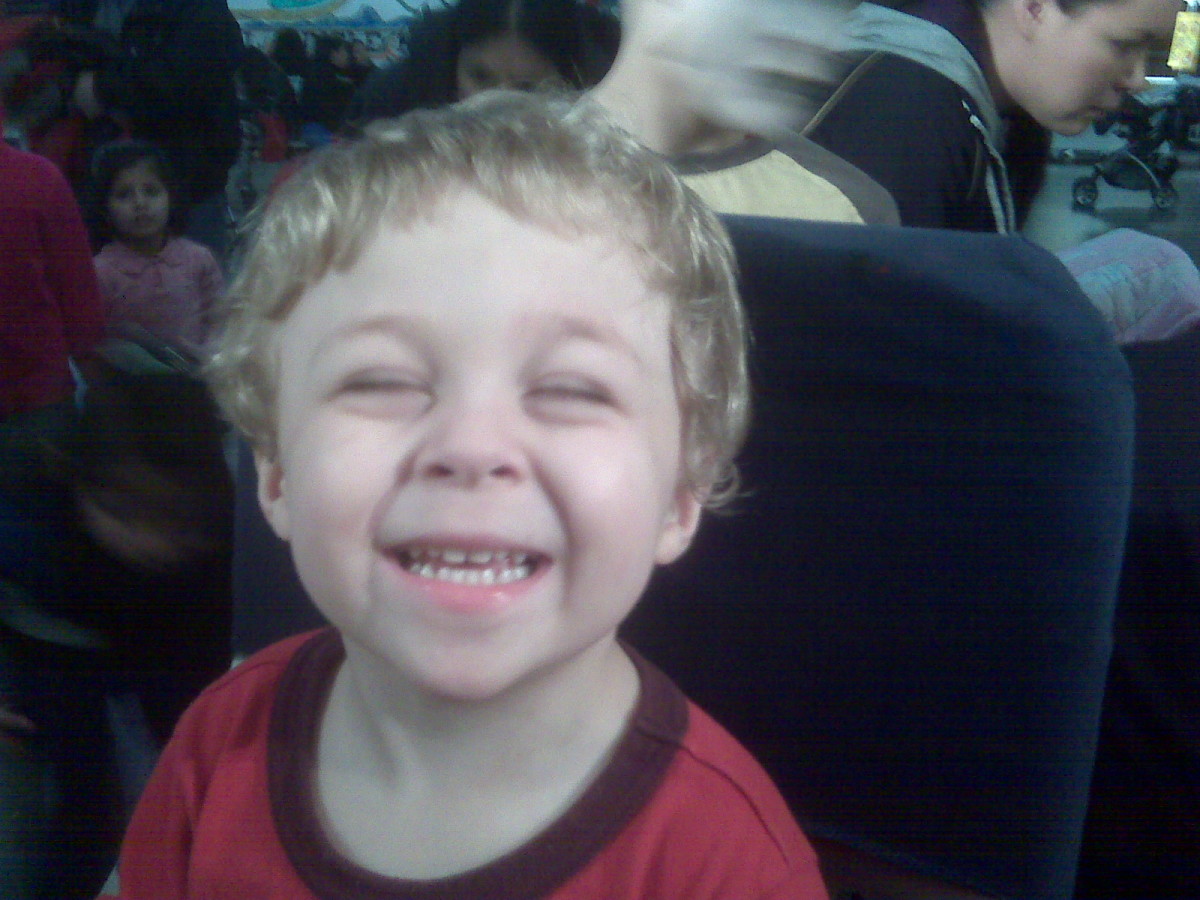How do you treat a child with Autism?
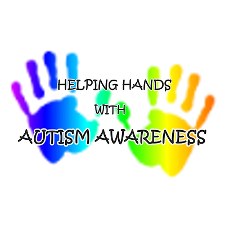
Sensory Disorder Accomplishment
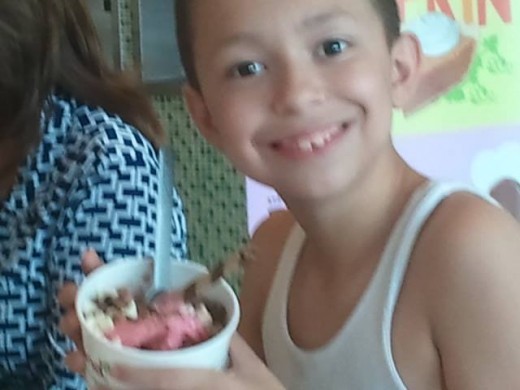
Reunion
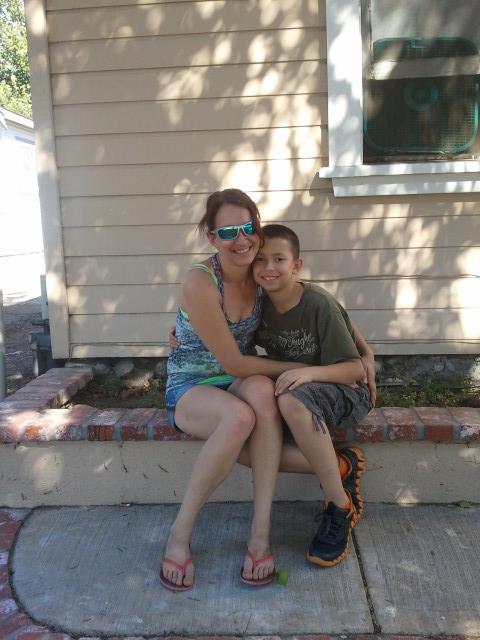
How do you interact with an autistic child?
A question posted brought a lot of interesting theories and strategies to the surface. Some simplistic and generalized and others detailed and full of personal experiences and circumstances to shape their belief.
Its important to treat every child according to their personality, in my opinion, but when its a child of the average peer group in comparison to a child on the autism spectrum; many times I have heard "Why do I need to become aware about Autism when I don't have an autistic child? How is my interaction really going to effect an autistic child or adult?"
The local fire department intervened when two bullies had started a fight on the bounce house with my son Andrew and my god-son Richard (both Autistic) and Andrew retaliated to defend his best friend and the fire fighters thought that because of the way they were reacting and behaving my boys were the culprits and yelled at all of them and singled my boys out. Andrew reacted as he always does when singled out, yelled at, told he was in the wrong when he was doing something that he thought was right, when the adult doesn't know or ask for his motivation and he started screaming hysterically with crocodile tears falling down his face.
He started running away and screaming "I don't belong here I don't belong here; I am fired".
Richard withdraws and will have a tantrum such as a toddler or infant has and throw himself into a ball on the floor in screeching tears or he will act as if he doesn't hear anyone get glassy eyed and go off into his own world where he understands it all and it doesn't matter the adults are once again yelling at him.
I called the fire department and spoke to the fire chief and said I was sorry for the misunderstanding and the children's behavior but was offering to them for myself and Richard's mom and the teacher at the school to bring our kids down to the station with some resources on emergency services and autism and educate them on the basics of autism and why they need to know how to interact with the autistic child and how to identify a possible autistic child.
To meet our kids one on one and to get to know them.
I was turned down; he didn't care that one situation like that set Andrew and I back into regression of three to four months of work we did and will have to start over again.
He didn't understand the severity of the diagnosis rate in the states and odds are he would be called to an emergency and encounter an autistic individual 1 in 110 kids (Update: 2019 1 in 40)
He didn't seem to care even.
Actions and Behavior: Motivations causing reactions
I learned a lot through my advocacy at my son's school.
I frequently sit in with the parent for psychiatry appointments so I can more accurately describe the good and bad with the medication prescribed. I help the parents learn how to identify what behaviors they need to monitor and have become accepted as an educated person on the matter and the psychiatrist on my ongoing case has on many occasions taken my suggestions and dosages which have proven to work.
I advocate medication only if all other alternatives have been exhausted and the benefits outweigh the negative. I also believe that before medicating a child needs to be taught how to function to the best of their current ability and be taught strategies and techniques to succeed if necessary; off the medication.
My god-son was over-medicated when I first met him; in my honest opinion. In relating to him on a daily basis he was so often spastic in movements, randomness and clumsiness, almost like he lived in a confused fog. He was on a morning and double the dose nightly of risperdal; nightly clonidine and so much concerta that they had to put him on Ritalin because they couldn't up his dose anymore.
After watching the reasons behind his actions and behaviors and his difficulty's I felt he was wrongly diagnosed by a long shot. He had been diagnosed with Asperger's although he had significant developmental delays and speech delays. He had trouble socially and interacted eagerly but inappropriately. He was also diagnosed with OCD and ADHD but the symptoms that he exhibited just mimicked these disorders because his reasons and motivations behind the actions were of an autistic child.
I was luckily correct and we were able to get him accurately diagnosed with High Functioning Autism and ADHD. I still disagree with the ADHD and believe its a sensory issue but he was doing very well on a low dose of adderall in the morning and half that dose in the afternoon. He seemed alive and a totally different kid but the school wasn't ready for the nine year old child finally being let out of a fog of pills and learning who he really was and how he really felt and thought and wanted to be doing every day.
Typical behavior of an autistic four year old is how he behaved and all we heard as demands and concerns for taking him off his medications; and at the end we had agreement it was not a medication issue.
Attention Deficiet Hyperactivity Disorder (ADHD) has lower levels of the neuro-transmitter dopamine. Low levels of dopamine raise the threshold where someone can maintain focus on an unenjoyable task. The global cerebral glucose metabolism was 8 percent Lower in medication-naive adults who had been hyperactive since childhood .
Chronic stimulant treatment has little effect on global glucose metabolism and there are significant differences in glucose metabolism in 6 specific regions of the brains of ADHD girls over the control subjects in the study.
Stimulants are the most commonly used to treat ADHD and raise the extracellular concentrations of the neurotransmitters dopamine and nor epinephrine which causes an increase in neurotransmission.
In Autism ADHD behaviors that are medicated often prove to be ineffective. There is a medical dichotomy existing in how the two condtions are diagnosed. When a child is diagnosed with things like ADHD and Oppositional Defiant Disorder (the common misdiagnosis prior to a re-diagnosis of Autism as in my god-son) by the time Autism is diagnosed 92 percent of these children have carried other educational labels.
ADHD research focuses on the features of the disorder while autism research examines the disorder for root causes or motivations behind the behaviors; so that more effective treatments can be developed.
ADHD and autism have a common set of behaviors and processes linked with impairments in the brain's executive functions. Both also share deficiencies in gross and fine motor skills. Despite the strong similarities in the symptoms between the two conditions, the medical community does not screen for autism when they diagnose ADHD.
When demands of a school age child from the school itself are made a lot of times a quick assessment and diagnosis is made so they can medicate the child. I feel its in part to under-staffing and the inability to provide the staff required to handle difficult children and some just don't want to put in the effort it would take and its an easy way to manage a child.
As the diagnosis is made with strong input from parental and teachers' observations about behaviors, it provides a narrow perspective about behavioral issues. Medication management of stimulants in children as young as five years old and being given Ritalin, adderall, and Concerta with limited improvement and increasing of doses to adult medication management levels (I have seen several cases thus far in the few months of advocacy to prove that it is common); is damaging their brains further putting the children at risk for developing bipolar as teenagers or other mental health problems.
Andrew and Siblings
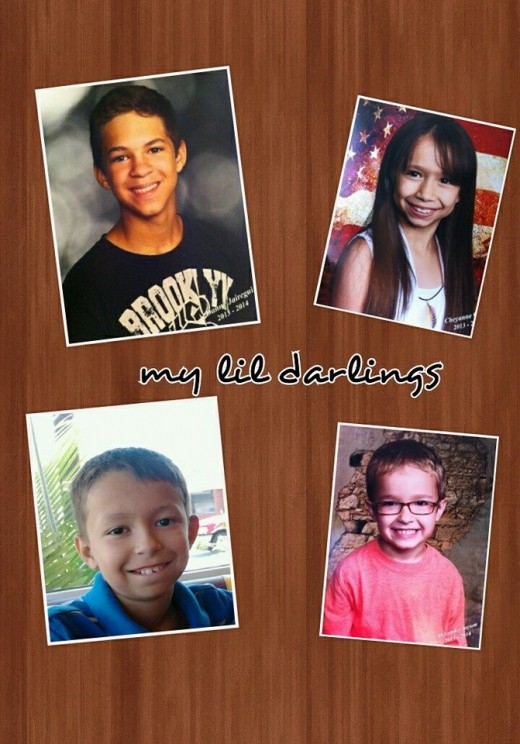
Recommended Reading for ADHD
Unique Individuals within Autism
Every child with Autism is different and has different onset and different symptoms. Not one child is alike as no child truly is like another.
When these children have brains that are functioning differently then most their age; when they have to learn differently then the average kid, why is it hard to believe that raising them is different, the way you talk and interact would be different?
As a mother of 8 children between his and mine; the one parenting tip I have lived day by day to the letter of how my mother raised me is raising each child according to their personality.
Discipline them according to what they will respond to because what works for one isn't working for the other. They all have different expectations and different maturity levels they are at the same age; so privileges are granted by maturity and not by age.
It does seem unfair as the child until you are a mother yourself and you can look back and without any doubt your mom did something right. That it was beneficial to the person that you became later on and the mother that you grow daily to be.
When most attention and interaction with children on spectrum is negative; especially early on in the diagnosis and intervention process, I believe it has worked light-years beyond my own expectations with my nine year old son with Autism.
I was virtually the only one that interacted in a way that was unique to him and accommodated his needs emotionally and mentally. He couldn't read my cues so I read his. He couldn't anticipate needs so I did it for him while repeating things over and over in a repetitive and monotonous way so that he could be taught through each and every thing we did every single moment of the day. If they need a specific schedule and can't deviate even one minute? YOU bend and change the way YOU spend your daily routine to accommodate THEM.
Its the opposite way we parent most children and is the reason we receive judgemental comments from others; the "babying" and the "coddling". It is anything but that. In knowing those motivations behind what they do, we can understand why they need to do it.
My son lays on his stomach watching movies for hours at a time and to soothe himself so he can sit and concentrate on that television for hours and days if you let him; or to put himself to sleep when he is still wiry from the day, he rocks his right foot back and forth over the left one while holding an action figure in his left hand and whispering something you can't understand and barely hear to himself. It is hard to reach him vocally and scares him if you touch him while doing that but I know he is anxious or hyper and is trying to settle himself down.
His annoying habit of telling me to "let me talk first" he says all the time; is because he has to immediately tell you, in sequential order what he planned on and then turn around and repeat what you said in sequential order back to you. I have to acknowledge verbally and with eye contact that he is correct before he will go about his business; always with a "yes sir" and "Andrew's up".
Eye contact ON THEIR LEVEL is important and it is something I force myself to remember to do when upset at the child and I always keep my voice monotone so I don't yell because I am aware of what senses are the ones that bother him, what triggers it, why he will spark a tantrum and cry or run off and I am the one that has to remind MYSELF to change in order to help him with his own disorder.
Treating them like any other child just doesn't work because they are NOT like any other child but that isn't a bad thing and it isn't so different as treating girls different then boys. Whatever you do; its not the same for every child and you can only do what you think is the best thing to do but always in my theory; always interact with their motivations and driving factors at the forefront of your mind.
2018 Autism Made Us Closer

Andrew Learned to Ride a Bike (15 years old)
Excellent online resources for ADHD and Autism
- Free ADHD Treatment Report: Alternative, Non-Medical Therapies for Adults and Children with ADD
Benefits and risks of alternative ADHD treatments like neurofeedback, working-memory treatment and omega-3 fatty acids explained by ADD doctors and researchers. ADHD symptoms, diagnosis, and treatment information for adults and children from experts - Attention Deficit Disorder, Autism, Aspergers Neurofeedback Treatment in California | Drake Institut
ADHD Treatment at the Drake Institute help those who have ADD or ADHD. Information about medical adhd treatment and full care programs available. - Attention deficit hyperactivity disorder - Wikipedia, the free encyclopedia
© 2010 Abby Rourk



